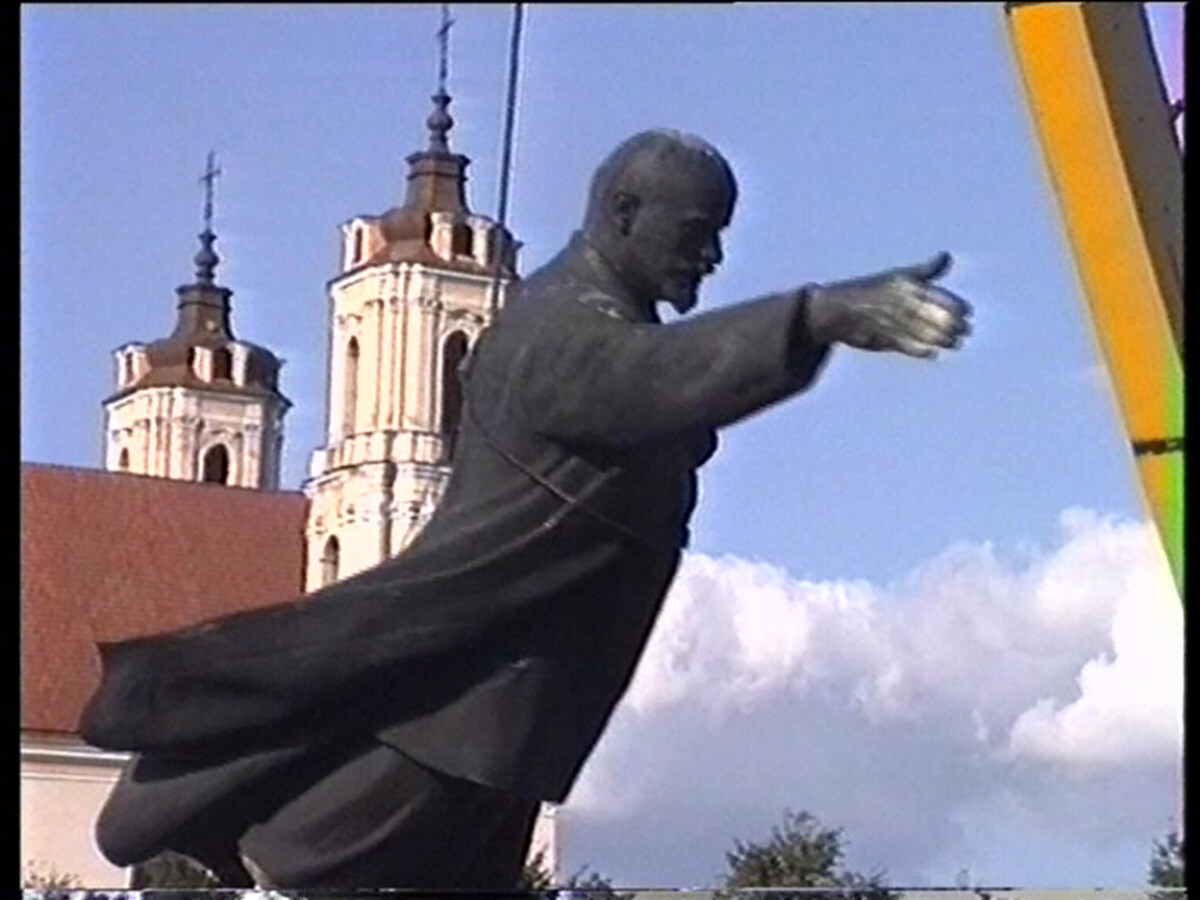November 2–3, 2017, 9am
Campus of the Arts Basel
Freilager-Platz 1
4002 Basel
Switzerland
T +41 61 228 44 44
info.hgk@fhnw.ch
How are (hi)stories in art linked?
This conference questions the conditions that gave rise to an awareness of history in art and its qualities; specifically, it examines the repercussions of a political and economic turning point in history. The turning point represented by the end of the Cold War (1989/91), when political blocs and their ideological systems collapsed, resulted in pioneering aesthetic concepts with which artists re-examine past and present perspectives of history.
Crises are generally understood as catalysts that reveal hidden possibilities. In terms of aesthetic approaches, what possibilities have arisen for today’s generation of artists as a result of the new, global, and unstable realities of recent history? In relation to contemporary art, the associated phenomenon has been designated as the “historiographical turn.” The aim of our conference is to explore in more depth just what that means.
We will discuss how knowledge from other historical disciplines can be removed from its particular context and narratively reorganized in a hybrid space in art. The aim is to identify the narratological and historiographical dimension of artistic work, and to show the possible functions of the narrative by means of the artefact—whether image, sound, video or film.
Following the historiographical turn, the aim of the conference is to show how artists transform archival orders of knowledge and their modes of representation when questioning history, how they translate information into other media and material modes of presentation, and orchestrate them in the sense of artistic narratologies. The emphasis here lies mainly on identifying new constellations of meaning which transcend historical dichotomies that can be characterized as heterochronous, intergenerational, transcultural, appropriative, and poetical.
Programme & participants
November 2, 2017
9–9:10am: Welcome
Prof. Dr. Kirsten Langkilde (Basel, Switzerland)
Prof. Dr. Melanie Franke (Basel, Switzerland)
9:10–10:40am: Transcultural (Hi)stories
Ernst van Alphen (Leiden, Netherlands): The Decline of Narrative and the Rise of the Archive
Tatiane de Oliveira Elias (Belo Horizonte, Brasil): The São Paulo Art Biennial after the end of the Cold War
10:55am–1pm: Revisions of Modernity
Robert Kehl (Berlin, Germany): Erzählen, Zeigen, Schweigen. Geschichtsbezügliche Malerei und ihre Rahmungen
Thorsten Schneider (Bochum, Germany): Von der doppelten Mimesis zum Double Bind – Ian Hamilton Finlay’s visuelle Narrative
Prof. Dr. Melanie Franke (Basel, Switzerland): Entdecken und Erzählen – Schlüsselmomente bei Simon Starling
2–3:30pm: Archival Ghosts
Elisabeth Pichler (Berlin, Germany): Grenzwertige Aneignungen – Potenziale eines künstlerischen Umgangs mit fotografischem Material aus den Stasi-Archiven
Julia Wolf (Zurich, Switzerland): Gegenwärtige Ruinen. Künstlerische Perspektiven auf Geschichte(n) in Konfliktzonen
3:50–5:20pm: Resistant Narratives
Deimantas Narkevičius (Vilnius, Lithuania) and Dieter Roelstraete (Kassel, Germany): Artist Talk
5–5:30: Discussion
November 3, 2017
9–9:10am: Welcome
Prof. Dr. Melanie Franke
9:10–10:40am: Transgenerational Memory
Dorota Sajewska (Zurich, Switzerland): Queer-Zeugnis. Entkolonialisierung der Archive in der zeitgenössischen Kunst in Polen (Karol Radziszewski)
Ulrike Gerhardt (Berlin, Germany): Shapes of Postmemory – Transgenerationale Erinnerung in postsozialistischer Videokunst
10:55–11:30am: Unforeseeable Instituents
Ana S. Gonzalez Rueda (St Andrews, Scotland): Uriel Orlow’s Mafavuke’s Trial and Other Plant Stories – A Decolonial Reading
Victoria H. F. Scott (St. John’s, Newfoundland, Canada): Spies in the Academy – Academic Freedom and Art History Post 9/11
12:05–12:35pm: Final Discussion
Please find detailed programme at: www.campusderkunste.ch



